Completion of the European project imPURE
The European project imPURE initiated in 2020 with the IRT Jules Verne and 19 other industrial and academic partners from 8 European countries ended a few days ago. The project partners took stock of the results obtained during these 18 months of development.
Context and objectives
The imPure project was launched in the context of the COVID-19 health crisis with the objective of addressing the shortage in the global medical supply chain by using less traditional means to provide critical medical devices.
ImPURE’s goal is to repurpose non-medical plastics processing lines for the rapid production and large-scale distribution of critical medical supplies (CMS) to meet the need for life-saving medical equipment. ImPURE focuses on the reallocation of existing injection moulding lines through the additive manufacturing of modular moulds with interchangeable inserts.
IRT Jules Verne’s contributions
The IRT Jules Verne has contributed its expertise in Additive Manufacturing processes for the design and manufacture of the Vaccine Spike insert, a part used to take the vaccine from the multi-dose vials.
The IRT also participated in the improvement and optimisation of the reassigned lines through the development of a flexible and intelligent tool based on an advanced statistical analysis in real time, using sensors embedded in the process and allowing to determine during production if a part is in conformity.
Beyond the health crisis situation in which the imPURE project was launched, the methodology implemented is applicable to any production line conversion through the supplier management platform, the development of digital twins, the production of inserts via additive manufacturing and the management of part conformity in real time.

Partners
- Coordinator : NTUA (EL)
- Industrials : ANG SRL (IT) , BIOG3D (EL), CONIFY (EL), DBM (IT), ELVEZ (SI), IES
(UK), IRES (BE), IUNGO (IT), NIT (ES), PRODUCTA (IT), PASCOE ENGINEERING (UK), SIDAM (IT), STIL GOMMA (IT), WARRANT HUB (IT) - Academics : NKUA (EL), NTNU (NO), UNIVERSITY OF STRATHCLYDE (UK)
RTO : ITAINNOVA (ES), IRT JULES VERNE (FR)
 |
This project has received funding from the European Union’s Horizon 2020 research and innovation programme under grant agreement N°101016262 |
Find out more
- Consult the project sheet
- More about Characterisation, monitoring and control at Jules Verne institute
- More about Metallic materials and additive processes at Jules Verne institute


